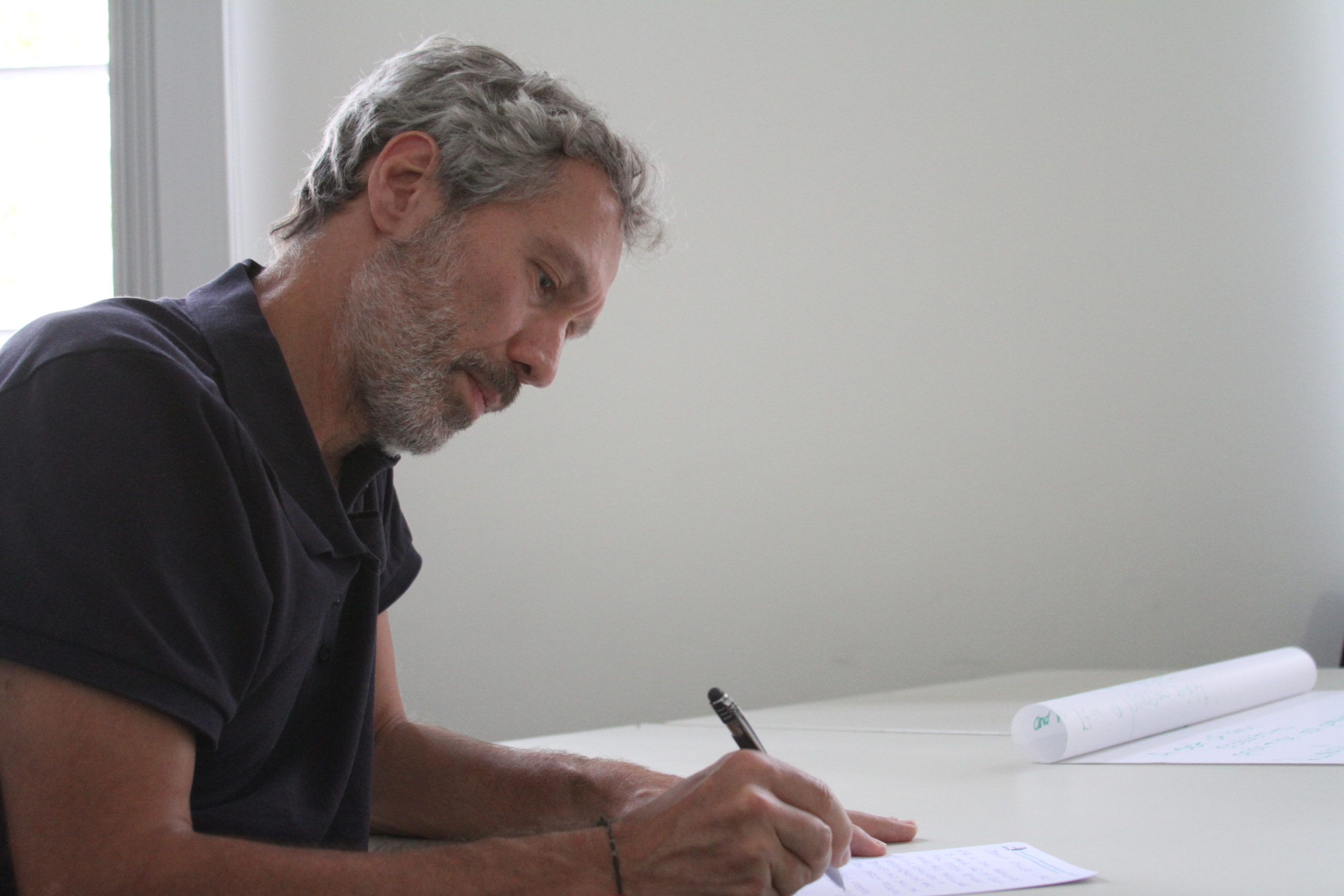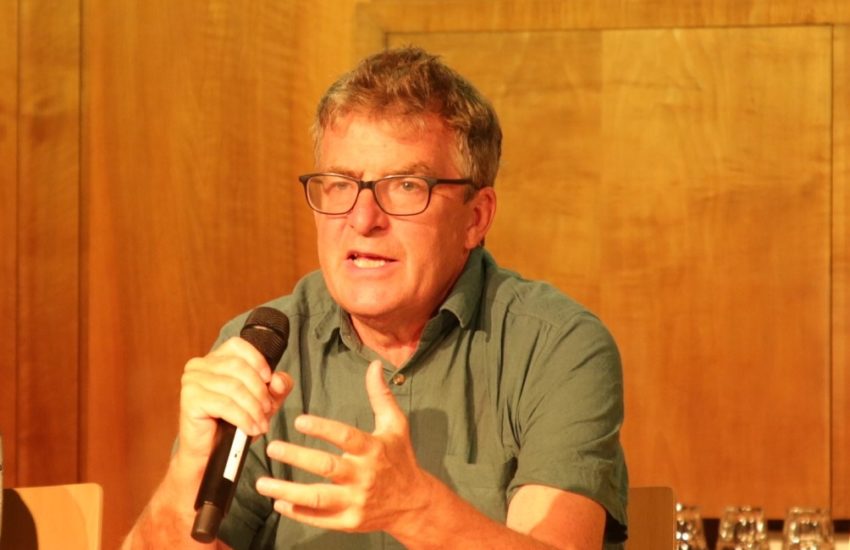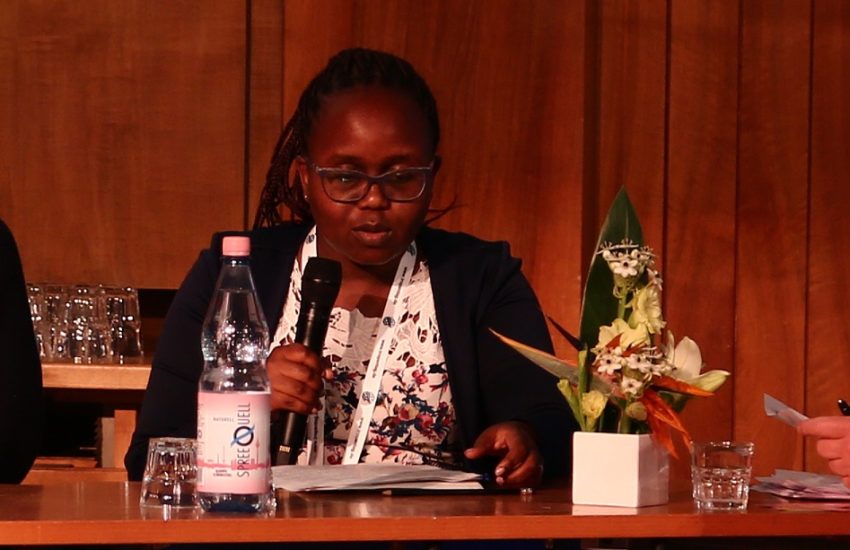Can agroecology feed the world?
Let’s have a glimpse at the pre-conference workshop that took place just a day before the opening of Tropentag 2023 and covered an essential topic: “Can agroecology feed the world?”, organized by Lilian-Marleen Beck, University Hohenheim, ATSAF.
During this workshop, people sat together, engaged in group discussions, and shared their concerns and thoughts on whether agroecology can provide enough food for the world. Well then let’s reflect on the workshop contents! The first and most relevant part of the discussion was aimed at answering the question “What is Agroecology?”, according to one of the participants, Johannes Schuler from ZALF, in simple terms agroecology is “doing agriculture by making use of beneficial effects between nature and agriculture”. It’s a holistic approach to meet the needs of the society without exploiting the natural resources.
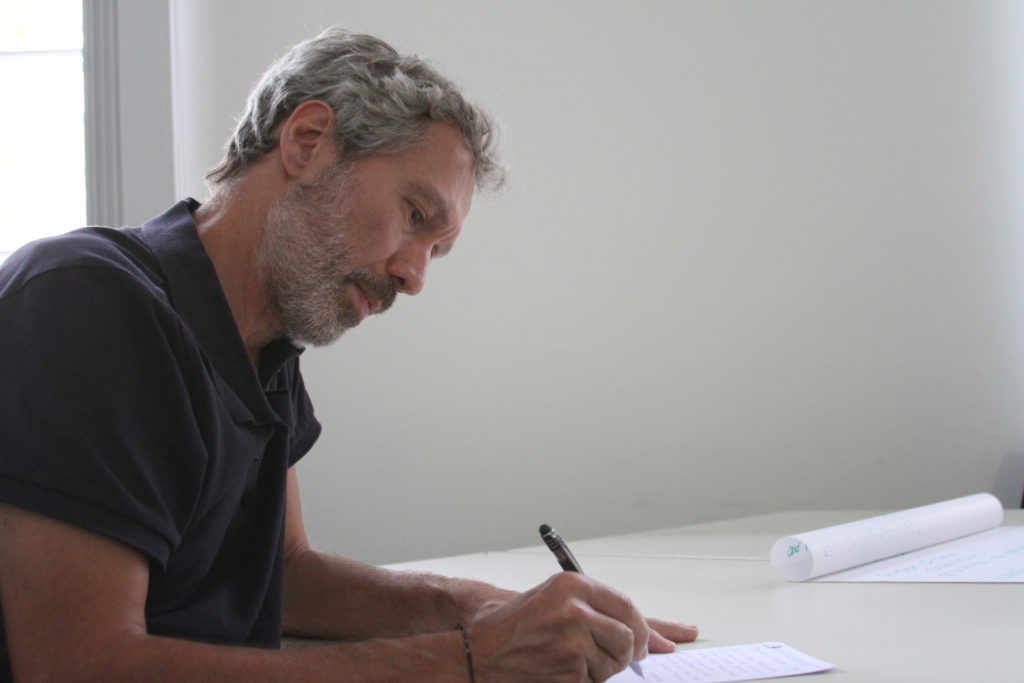
Afterwards, the discussion pointed back towards the original question “Can agroecology feed the world?”. Today’s market is characterised by a strong capitalistic footprint, in which consumers are influenced by advertisements and a food culture romanticized by social media. For agroecology to be sufficient to feed the whole population, awareness is at the grassroots level. “Giving consumers a seasonal calendar for products and showing the real cost of production,” are Schuler’s words, highlighting how this can make consumers aware of the seasonal aspects of the food availability, its nutritional benefits, and cost-effectiveness. This essential step must be the very first step of a ladder that can bridge the gap between the producers and the consumers.
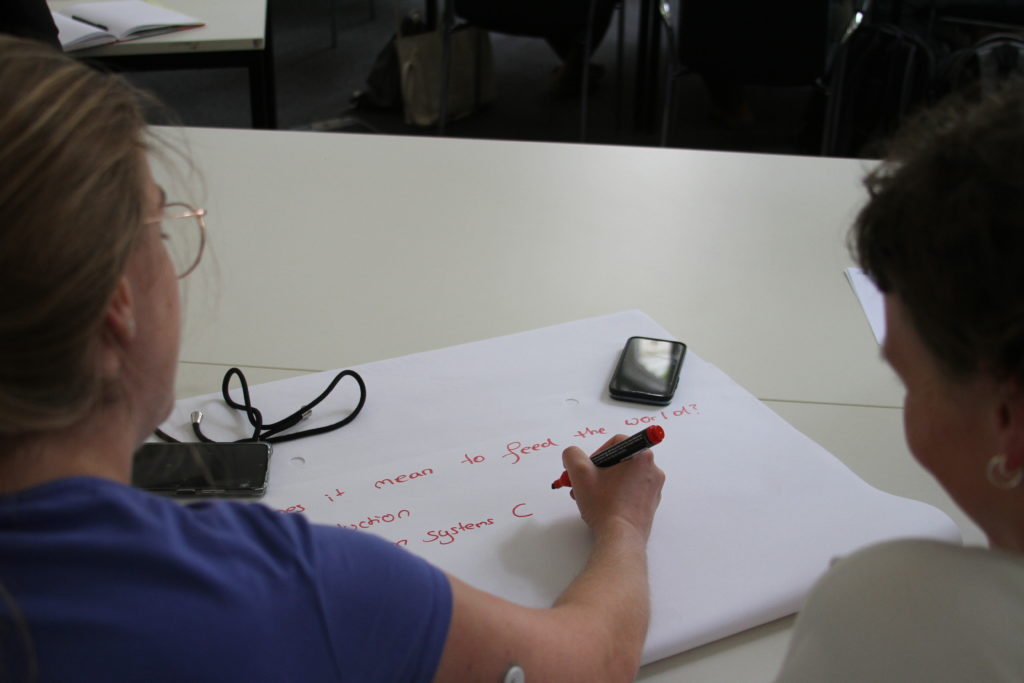
If the first step is awareness, then what is the last step of the ladder? Johannes Schuler said “Having a fully functional food system supported by policy and public opinion” should be only reachable after tackling several in-between steps and challenges. Additionally, one of the attendees, Sylvia Buleti, added that”Policy implementation for agroecological practices is the topmost challenge”, emphasising the importance of this goal.
Let’s round back one last time to the main question. If the answer is no, who’s to blame for it? Unaware consumers, or the self-pronounced “well-aware” capitalistic suppliers? It is essential to pinpoint the flaws in this farming system to improve it and increase its potential as a way forward towards sustainability in the food systems.

